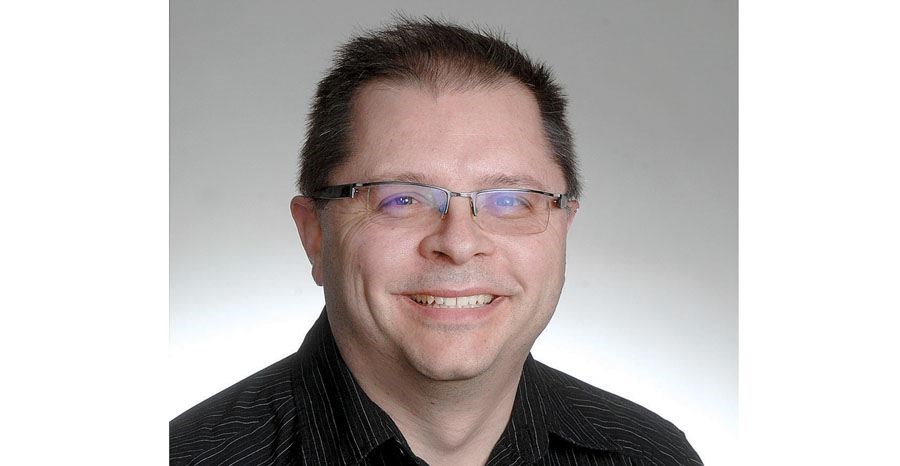Experienced sailors know that by setting the sails the right way and steering a certain pattern, a ship can move against the wind, no matter how fierce it may be blowing.
In the political arena, that sometimes means going against the majority of constituents in the hopes that they'll eventually understand both the path taken and the importance of the destination.
Prince George city council has gone against the breeze not just once but three times so far this year. First, mayor and council decided with little public input to rename Fort George Park as Lheidli T'enneh Memorial Park.
More recently, they decided to make a bid for the 2020 B.C. Summer Games and to put forward a resolution at this week's Union of B.C. Municipalities Convention encouraging the federal government to do more to help Syrian refugees.
An online poll on The Citizen's website found 67 per cent of participants opposing changing the name of the park (52 per cent because Fort George is an important part of the region's history and 15 per cent because it does nothing to address the real concerns of First Nations). Of the 1,147 respondents, only 21 per cent supported the move because it recognizes the traditional territory of the area's original inhabitants and just 12 per cent felt it was an important first step on the path to truth and reconciliation.
Last week's online poll on The Citizen's website found 61 per cent were against bidding for the B.C. Summer Games. Of the 690 respondents, 53 per cent argued the money should be spent elsewhere. This week's poll found 74 per cent of participants were against the city's UBCM motion on Syrian refugees. Of the 550 respondents as of Wednesday afternoon, 45 per cent feel Canada should move slowly and carefully on this issue while another 29 per cent believe local government needs to worry more about roads and less about refugees. Just 21 per cent voted that Canada needs to show leadership during times of international crisis while only five per cent believed Canada should do more as a wealthy and multicultural nation.
While none of these polls is scientific, they do provide a snapshot of the feelings of the community and they also point to a mayor and council willing to do more than just reflect the current mood of voters.
Rather than holding up their finger to feel which way the breeze is blowing at the moment, they're pushing forward and encouraging the community to follow.
The decisions, however, are only the first part of the challenge. Once the course has been laid, it has to be justified.
Sailing into the wind doesn't end with pointing the boat in the right direction and hoping for the best. It requires constant adjustment to changing conditions and relentless focus on both the journey and the destination. In the case of civic leaders, they must continue to show the community that their decisions were legitimate.
In the case of the park name and Syrian refugees, they made powerful moral arguments to support their cause. Now they must follow up, demonstrating that the city is a better place and that the pioneer history of the area is in no danger of being overshadowed.
In the case of the resolution of Syrian refugees, the moral argument is just the beginning. Mayor and council need to show real local examples of how immigrants and refugees have improved life in Prince George.
While the arguments, both for and against bids to host major sporting events, are economic ones, the city and other advocates must continue to bolster their case, pointing at the financial and community success enjoyed from other previous events.
Testimonials from elders and young people from the Lheidli T'enneh First Nation regarding their pride in Prince George and its inhabitants for recognizing them and the park's place in their history will convince even the most sour of cynics that the name change was warranted.
Continued and constant recognition of new Canadians isn't just politically correct pandering. It's a reminder of Prince George's increased diversity and evolution into a modern, cosmopolitan city. This city has the potential to be home to anyone from anywhere and that is one of its great strengths.
Finally, the city is filled with examples of athletes who either took part in or were inspired by major sports events in Prince George and used that experience to inspire future accomplishments, not only on the playing field but throughout their lives.
The personal impact of policy decisions provides both the reasons and the outcomes to justifying mayor and council facing the wind, rather than being blown along by it.
-- Managing editor Neil Godbout



